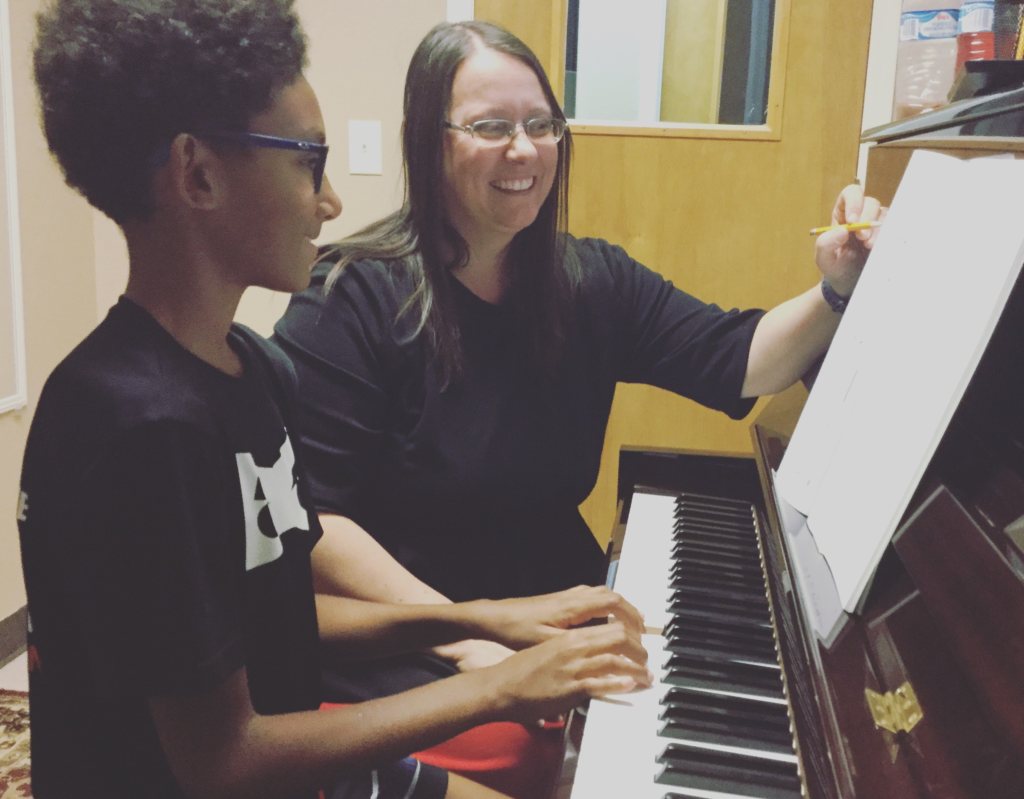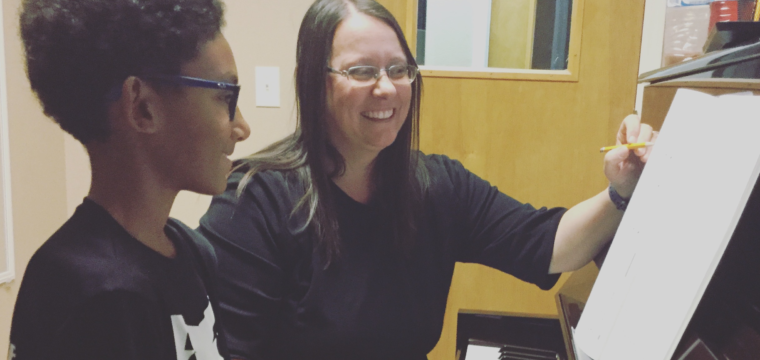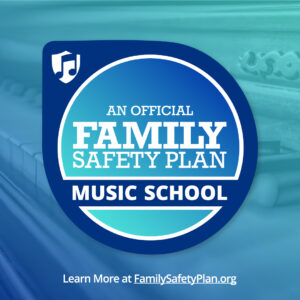
Learning to Practice
Many of us know the saying: “How do you get to Carnegie Hall? Practice, Practice Practice.” Yes, it’s true, learning to play music requires practicing.
Or as I like to say: Learning to play music requires LEARNING to practice.
Because “practicing” does not come naturally to any of us.
It’s a skill that has to be learned. Therefore, we should not be surprised when we sign our kids up for lessons and realize that they don’t automatically know how to practice. Additionally, telling someone who doesn’t know how to practice, to “go practice” is also not going to work out very well.
General Practice Tips
- Work with your child to plan a practice routine on a weekly basis. This needs to be a mutually agreed upon schedule, not dictated by the parent. I suggest 3 days a week for a minimum of 15 minutes per day as a great starting point.
- Initiate and participate in the practice sessions. Think of yourself as positive reinforcement, not a critic. If you are attending the lessons, you should know enough to help out with basic note reading and counting for a beginning music student. If not, don’t worry about it, your positive encouragement speaks volumes.
- Set short term goals and rewards. Participating in the Musical Ladder is a great way to do this. However, it’s also helpful to create weekly or monthly practice goals. For example, I took both my kids out for pizza as a reward for practicing hard and participating in the Allegro Recital
Specific Practice Tips
- Part of your practice should be off the instrument. Practice naming notes. Practice clapping rhythms. Practice naming fingers. Practice singing the melody.
- Structure your practice. Do not spend all your time on one thing. Here’s an example: 10 minutes of naming notes and counting. 10 minutes reviewing old songs. 10 minutes on a new song.
- Practice small sections and repeat. For example, one measure at a time. Mastering one measure is far better than non-mastery of an entire line.
- Practice slowly. What is slow? Take the speed you are comfortable with and go slower than that. Using a metronome is great for learning not to rush.
- Review, Review, Review. Always play some of your old songs. If you only play new songs that you are still learning, you’ll always sound like a beginner.
Remember, learning to play music is learning to practice. It takes time, so stay positive and focus on enjoying the process. Let us know if you need help!

